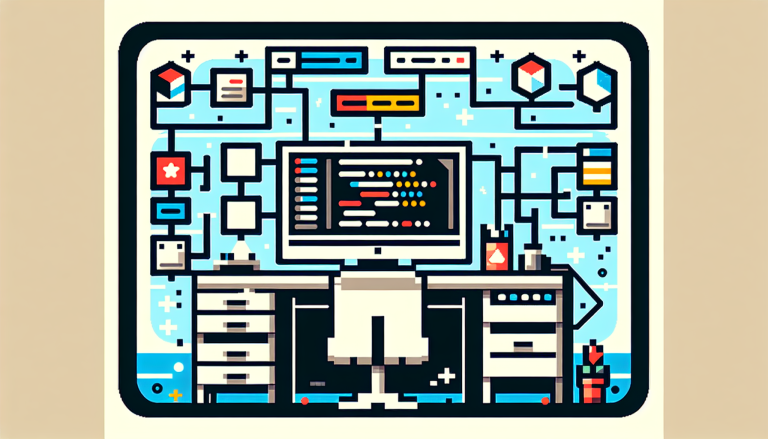MCP Intent Validation

Exploring the integration of intent validation within tool response frameworks can greatly enhance their reliability. By leveraging LLM-as-a-Judge, it’s possible to evaluate whether a tool functions according to its predefined behavior, especially when dealing with potential tool misuse or error scenarios. As demonstrated with a simple weather tool scenario, intent validation can prevent actions that deviate from expected outputs, ensuring greater accuracy and data integrity. This approach not only curtails inappropriate tool interactions but also reinforces the importance of maintaining clear tool descriptions and configurations to mitigate potential risks.



